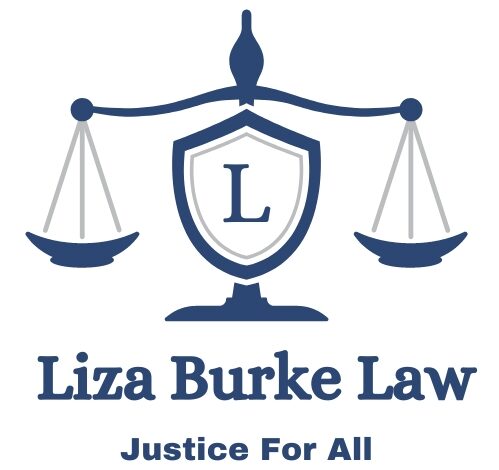Employment laws in Canada can be complex and ever-changing. Whether you are an employer or an employee, it is important to have a solid understanding of the laws that govern the employer-employee relationship. This article aims to provide an overview of some of the key areas of employment law in Canada.
Employment Standards
The Employment Standards Act sets out the minimum standards for most workplaces in Canada. These standards cover areas such as minimum wage, hours of work, overtime pay, vacation time, and termination pay. It is important for employers to understand these standards and ensure that they are complying with them. Failure to comply with employment standards can result in penalties and fines.
In addition to the Employment Standards Act, each province and territory has its own set of employment standards legislation. Employers must comply with the legislation that applies to their workplace.
Human Rights
Human rights legislation in Canada prohibits discrimination on the basis of a number of grounds, including race, sex, age, and disability. Employers must ensure that their hiring practices, workplace policies, and practices do not discriminate against employees or job applicants on any of these grounds.
Employers must also accommodate employees with disabilities to the point of undue hardship. This may involve modifying the employee’s job duties or providing accommodations such as wheelchair ramps or sign language interpreters.
Workplace Safety
Employers have a legal obligation to provide a safe workplace for their employees. This includes providing training and equipment to ensure that employees can perform their work safely. Employers must also develop and implement policies and procedures to prevent workplace harassment and violence.
Employers who fail to provide a safe workplace can face penalties and fines, as well as lawsuits from employees who have been injured on the job.
Employment Contracts
Employment contracts set out the terms and conditions of employment, including wages, hours of work, and benefits. Employers must ensure that their employment contracts comply with employment standards legislation and human rights legislation.
It is also important for employees to carefully review their employment contracts before signing them. Employees should understand the terms and conditions of their employment and seek legal advice if they have any questions or concerns.
Termination of Employment
Terminating an employee’s employment can be a complex and delicate process. Employers must ensure that they are complying with employment standards legislation and human rights legislation when terminating an employee.
Employees who have been terminated may be entitled to severance pay, notice pay, or both, depending on the circumstances of their termination. Employers must ensure that they are providing employees with the appropriate amount of notice or pay in lieu of notice.
Employment Disputes
Employment disputes can arise in a number of different situations, including wrongful dismissal, discrimination, and harassment. It is important for both employers and employees to understand their rights and obligations in these situations.
Employers and employees who are involved in an employment dispute may wish to consider mediation or arbitration as a way to resolve the dispute outside of the court system. Mediation and arbitration can be faster and less expensive than going to court.
Employment law in Canada can be complex and ever-changing. Employers and employees must ensure that they have a solid understanding of the laws that govern the employer-employee relationship. This includes employment standards, human rights, workplace safety, employment contracts, termination of employment, and employment disputes.
If you are an employer or employee, it is important to seek legal advice if you have any questions or concerns about employment law. A lawyer who specializes in employment law can provide you with the guidance and support you need to navigate the world of employment law in Canada.

